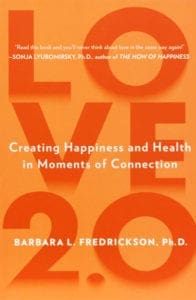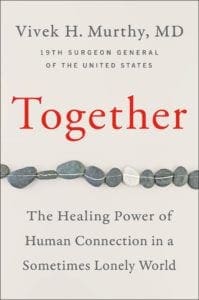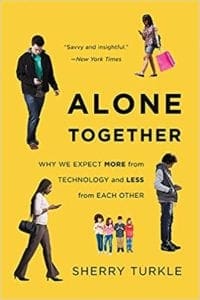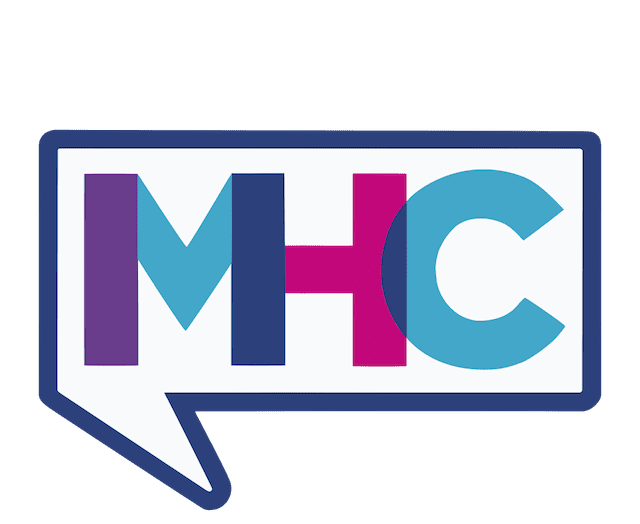
LOVE 2.0, Barbara Fredrickson
The book redefines love, hence its title Love 2.0. It explains that in our brains, love is an emotion created by a “micro-moment” between two people. When we tune in to the person around us, truly listening to them and actively responding to them, our bodies sync up. Our heart rates become the same and the same centers of our brains light up. These moments of connection boost levels of oxytocin and serotonin, making our moods lighter and more stable, boosting our immune system, and making us more creative. After explaining the science behind love, Fredrickson provides practices proven to increase the number of micro-moments of love we experience. In this book, Fredrickson reminds us that the potential for creating love is available all around us, between close family members, coworkers, and even strangers.

Together: The Healing Power of Human Connection in a Sometimes Lonely World, Vivek Murthy
Just published in April, this book by former surgeon general Vivek Murthy comes at a dire time in the loneliness epidemic. Murthy discusses loneliness as not just an unpleasant experience, but a public health crisis. Humans are wired to connect with each other and thrive when we are together. He argues that loneliness contributes to a number of other health epidemics, including addiction, violence, and mental illness. After traveling and interviewing everyone from doctors to children, Murthy explains some of the causes of the loneliness epidemic. While technology, mobility, and work opportunities all have benefits, they impede our ability to connect. Don’t worry though, this book ends with stories of solutions that bring people together again.

Alone Together: Why we Expect More from Technology and Less from Each Other, Sheery Turkle
Written by MIT Professor of the Social Studies of Science and Technology Sherry Turkle, this book explains the paradox of the online world’s role in connection. While we live in a more technologically connected time than ever before, our human connections are suffering. Turkle explores what we are searching for on social media, as well as what we are sacrificing. In an age where messages and friend requests define much of our socialization, Turkle explains both the benefits and drawbacks of technology on isolation and connection.

